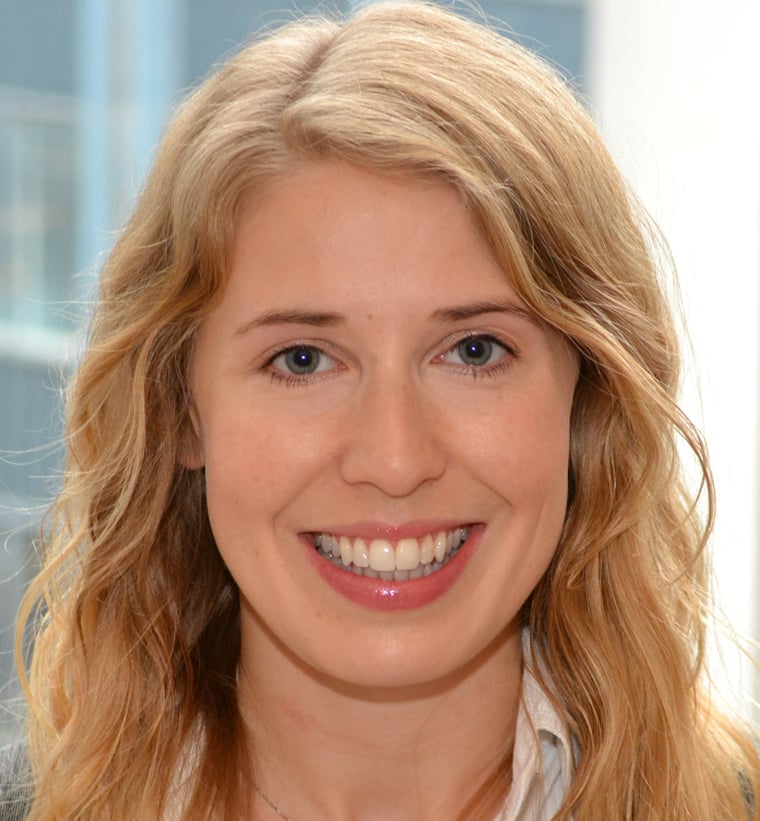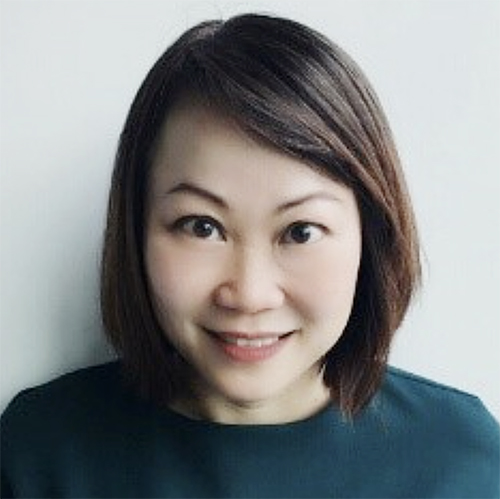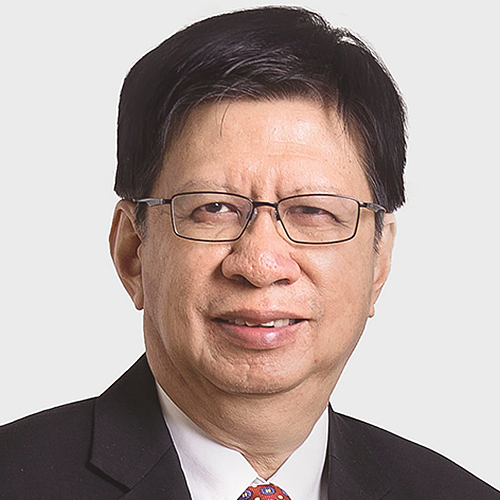
A number of structural shifts from adoption of new technologies to prioritizing the climate agenda are creating disruption across geographies and industries, and with that, are creating opportunity. Harnessing these themes can provide a roadmap for investing for the long term, while dynamically positioning for today’s uncertainty.
Four major secular themes have been identified, the first of which is the response to climate change. In the past year, more concerted focus has been seen from governments, companies and consumers on the climate agenda.
The transition to a low carbon economy has myriad impacts across various sectors. For example, in power generation, a number of European utilities companies are leading the transition away from fossil fuels towards renewables. A handful of names are seen as the leaders of this trend due to their progress made to date, the commitments and strategies in place to further the transition, and the robustness of their balance sheets.
When it comes to construction, the EU Commission is seeking to increase energy efficiency of buildings to reduce GHG emissions, which is projected to double building renovation rates. Some industrials are positioned to benefit from this trend. In transport, urbanization and green transport measures are supporting investment in global rail networks, while the increase in electric vehicle development and production presents a number of opportunities including in semiconductor manufacturers.
Semiconductor manufacturers are also poised to benefit from the advent of 5G, which reflects another secular theme: widespread technology adoption. The breadth of innovation and the pace of adoption of technology are causing disruption to business models around the world.
There are a number of attractive investment opportunities driven by technology advancement; cloud adoption is accelerating as companies become more comfortable migrating mission-critical workloads from on-premise to cloud architectures, which is a trend that has accelerated due to the virus causing more people to work from home. When it comes to software, companies no longer have to invest in infrastructure as they can “rent applications”, freeing IT budgets and increasing the total amount spent on software.
In the rapidly evolving payments space, the increasing use of electronic payment systems shows a pathway to several decades of GDP revenue growth as penetration rates are still relatively low globally.
The third secular macro theme is the growth in emerging market consumer demand. In emerging markets, as wealth increases, productivity increases and consumer spending also rises. This further increases the demand for consumer goods, improved housing, discretionary products and services by an upwardly-mobile middle class.
This trend will not only impact domestic economies but consumption of the EM middle class will continue to be a key driver of global demand. Investing in this theme is primarily through consumer discretionary and financials names; in the latter exposures are domestic in countries with low household debt-to-GDP, robust financial systems, and good growth prospects needed to support this trend.
A final prevailing secular theme is global policy evolution, where a seismic shift has been seen in the magnitude and volume of support from global central banks, and this has had a huge impact on capital markets. Central bank balance sheets have expanded rapidly in response to the crisis, alongside fiscal stimulus at scale which has been successful in providing some offset to the sharp deterioration in global growth. The backdrop of low real yields is expected to persist, thus making a case for investing in gold .
To successfully navigate these volatile markets, it is critical to invest over multiple time horizons through a portfolio that is robust to different outcomes. As such, these secular trends must be considered alongside a macro cyclical framework.
Through this framework, it is good to consider across key regions which phase of the macro cycle is currently being experienced (expansion, contraction, recovery or slowdown) and seek to time the regime shifts. The stage of the macro cycle in turn helps in considering the portfolio composition. Presently, it is believed to be in a recovery phase, but with risks to the trajectory.
The outlook depends on any resurgence in the virus and renewed mobility restrictions, which could further constrain activity and in turn dampen market sentiment, particularly if further stimulus is not forthcoming. Meanwhile, medical developments have the potential to significantly impact the outlook and asset prices. As such, while tapping into the long-term trends, it is appropriate to also think about the dynamics of the recovery in picking investments across asset classes, regions, sectors, and factors.
Combining secular and cyclical themes provides a kind of blueprint to global macro investors – enabling them to tap into opportunities over multiple time horizons with a diversified, risk-controlled, and flexible strategy critical to generating positive investment performance in various market conditions.
Nicola Rawlinson is head of investment specialists, Macro Strategies, at J.P. Morgan Asset Management









